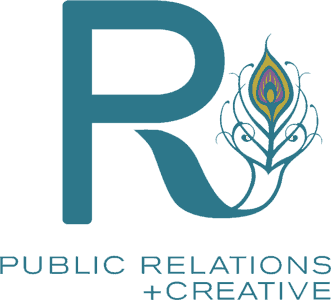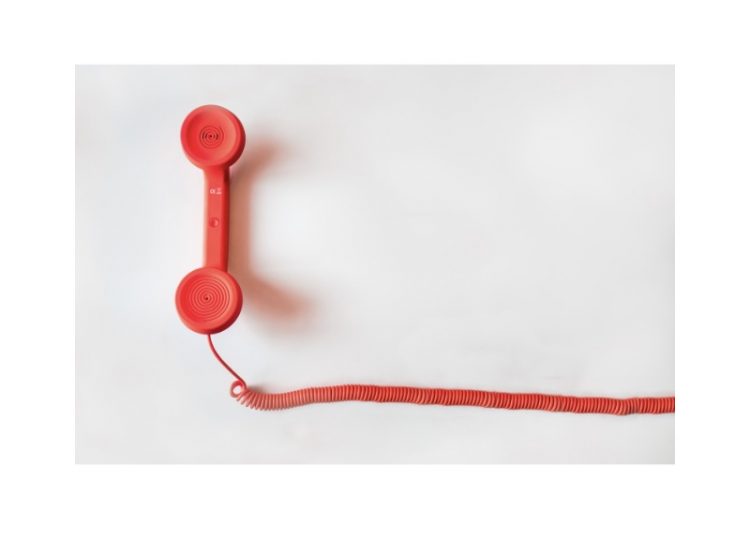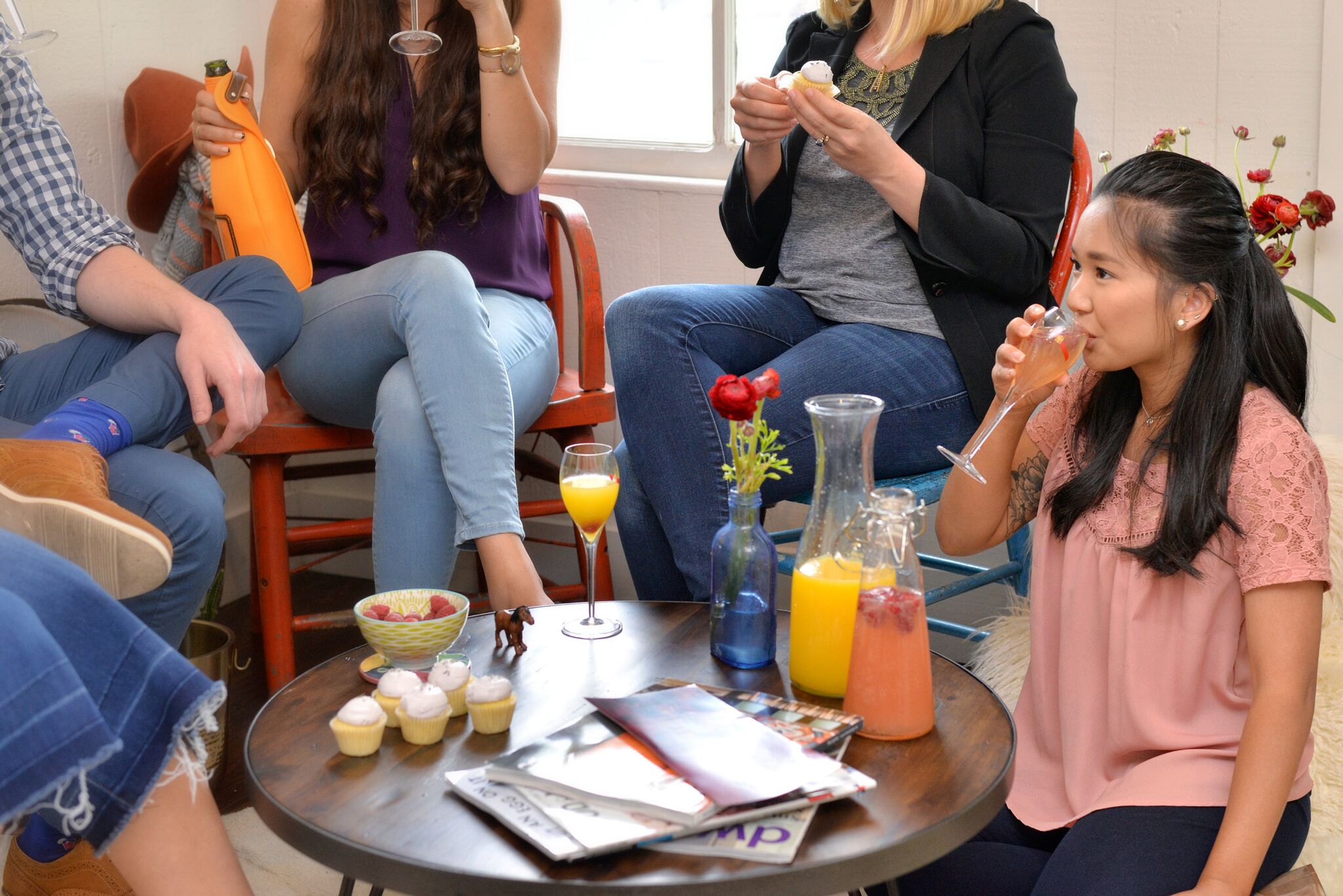Public Relations
R Frequently Asked Questions on PR Buzzwords

PR is all about generating ‘buzz,’ and perhaps that’s why there are so many buzzwords in the public relations space. But with that comes just as many questions and we always want R clients (and potential clients) to be in the know. So, we’re clearing up any confusion on what PR is, how it works and how it can benefit your brand with these FAQs.
What is public relations (PR)?
In general, public relations (PR) is the process of maintaining a favorable image and building beneficial relationships between an organization and the public communities, groups and people it serves. As such, PR is often referred to as ‘free advertising’ because it primarily includes earned media such as:
- Mentions in the news as well as reviews
- Positive comments from customers on social media
- High organic rankings on search engines
How is PR different from marketing?
The short answer. The primary difference between the two is that marketing is focused on promoting a specific product, service or idea; and increasing sales, while public relations is focused on maintaining a positive reputation for the company overall. Check out our recent blog to learn more.
What do PR people do?
People who work in PR have many different titles, but the goal is one and the same; to create and maintain a positive public image for their employer or client. They use techniques and strategies related to managing how information about an individual or company is disseminated to the public, and especially the media. For example, R PR services include:
- Campaign development and management
- Media relationships
- Influencer relationships and marketing
- Media training for staff
- Content creation
- Pitching
- Traditional and digital media placements
- Editorial advance placements
- Community partnerships
What are the benefits of PR?
There are a multitude of benefits for brands that implement effective PR strategies. We could go on for days, and that’s why we always start with a discovery call. Because once we get to know you and learn your goals, we’ll create a proposal with a customized service outline that details the specific benefits of PR for your brand. But, in general, the benefits of PR include:
- Increasing brand credibility
- Increasing brand awareness and positive brand image
- Increasing profits, sales and leads
- Enhancing online presence
What is lifestyle PR?
Practitioners who work in lifestyle PR, like R firm, specialize in brands within industries that include restaurant, hospitality and retail as well as health and wellness. All of the same PR goals, strategies and techniques still apply, but this segment of PR tends to focus on the things people aspire to have, to achieve or to maintain a certain lifestyle and the brands that can help them achieve that. Success in lifestyle PR requires a more inherently relatable and personal approach, which is why we love it so much!
What is the price of PR?
Large PR agencies may charge upwards of $500 an hour for their time, however, smaller agencies or consultants may charge as little as $75 an hour. The average hourly rate at a larger PR agency is currently between $150-$250 per hour. R founder, Emily Reynolds Bergh, explains the value boutique PR firms can offer, “As a small business, we are mindful that not everyone can spend big when it comes to PR. So, we also have lower budget options in which clients can apply. One is based on promoting a specific project. The other is designed to support a solo entrepreneur for 6 months by developing their reach and brand identity, as well as a PR plan and campaign to launch them into the market in which they seek to connect. The end game is long-term relationships, not just a mass press release. And that provides ongoing value for your brand (and us).” Learn more about PR pricing in our recent blog.
What is a PR retainer?
In addition to hourly billing, you may also have the option of a PR retainer for the services you need. A PR retainer is a lump sum that you pay to the public relations agency or professional each month for their work. The amount paid depends on how much work you need to meet your PR goals and your budget, so it’s important to be specific about both in your preliminary communications. Your monthly statement should itemize any work performed as well as any expenses that were not included in the retainer. You should also be able to request the right to approve any expenses over a certain amount before they are incurred.
What is Newsjacking?
When hiring a publicist, one technique in which you want to make sure they are skilled and experienced is newsjacking. Newsjacking is the practice of aligning a brand with a current event in an attempt to generate media attention and boost the brand's exposure. Brands create related blog content and social posts to instantly reach a wider audience. Essentially, if you see an article written about a competitor or someone with a similar brand, you can have your publicist reach out to that media contact and ideally get your brand included in a similar story or an update to the one you may have seen! How cool is that?
For R help with your PR, learn more about our public relations services. Or, click HERE to schedule your FREE discovery call today!
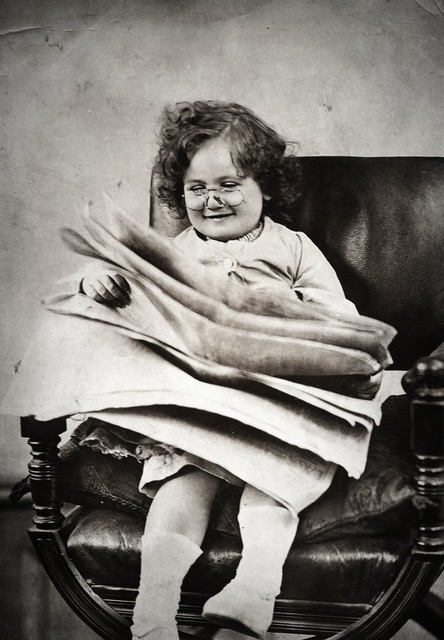
What's the Difference Between PR and Marketing?
 You’d be surprised how often we are asked about the difference between PR and Marketing. So often, in fact, that we’re dedicating this entire blog to it! Many people believe that public relations (PR) and marketing are one and the same. But while they are both essential components of your brand’s communications strategy, that’s where most of the similarities end. Here’s how PR and marketing truly differ and how impactful each can be for your brand.
You’d be surprised how often we are asked about the difference between PR and Marketing. So often, in fact, that we’re dedicating this entire blog to it! Many people believe that public relations (PR) and marketing are one and the same. But while they are both essential components of your brand’s communications strategy, that’s where most of the similarities end. Here’s how PR and marketing truly differ and how impactful each can be for your brand.
The Particulars of PR
The Public Relations Society of America (PRSA) defines PR as, “a strategic communication process that builds mutually beneficial relationships between organizations and their publics.” The goal of PR is to influence, engage and build a positive relationship and/or image with your audience. Some of the tactics commonly used include:
- Corporate communications
- Crisis communications
- Investor relations
- Media relations
- Influencer relations
- Reputation management
- Event promotions
PR tools typically include:
- Press collateral
- Editorial placements
- Social media placements
- Media and influencer outreach and list development
- Sponsorship and partnership coordination
More on Marketing
The American Marketing Association (AMA) defines marketing as, “the activity, set of institutions, and processes for creating, communicating, delivering, and exchanging offerings that have value for customers, clients, partners, and society at large.” The goal of marketing is to build awareness of and to promote/sell your product(s) and/or service(s). Some of the tactics commonly used in marketing include:
- Brand marketing
- Advertising
- Content
- Search engine marketing
- Social media marketing
- Targeted marketing campaigns
- Conference and trade shows
Marketing tools typically include:
- Sales collateral
- Blogs
- Website
- Direct mail
How PR and Marketing Differ
PR and marketing are most effective when used together as part of an overall communications strategy because they serve different but equally important goals. That said, two of the primary differences in PR and marketing are:
- The relationship required with media and influencers
- Control over the narrative
Traditional PR is typically not paid (see our previous blog on Earned Media versus Paid Media) which makes relationships with the media as well as influencers so important. Most brands neither have the time nor the expertise to cultivate and maintain these relationships, which is where R firm comes in. We have incredible direct media contacts and use that bridge to ensure your message(s) is covered in the right places at the right time.
In marketing, you pay to play so to speak so those relationships aren’t necessary AND you have full control over the narrative. Take advertising for example; the publication will place your message (ad) in the size you select, on the date(s) you select and repeat it in the frequency you select based on your budget.
You don’t have as much control over the narrative in PR. Even if you get the coverage, you’re not guaranteed the message will be exactly as you would like it to appear. Again, that’s where R expert team comes in, we know the ins and outs not only in getting covered but in getting your message conveyed in the most positive and appealing light.
For R help with your PR, learn more about our public relations services. Or, click HERE to schedule a FREE discovery call today!
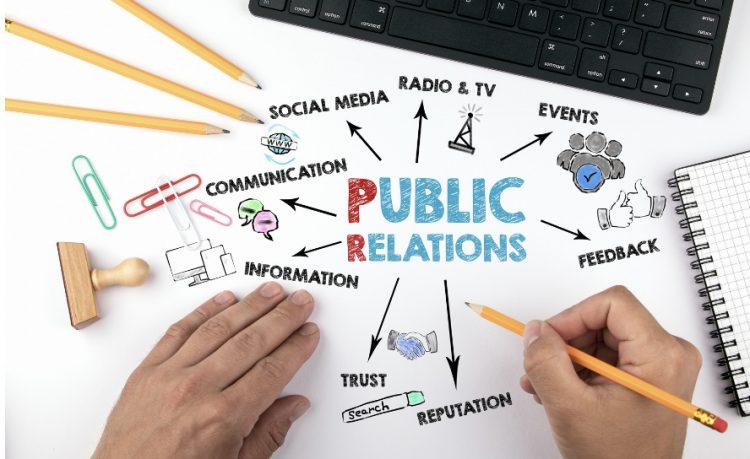
Where PR and SEO Intersect
 While they may seem like two completely different aspects of the marketing spectrum, you can think of PR as the yin to SEO’s yang. It’s true! PR can help with your SEO and vice versa, but even better is the fact that while few brands fully understand the impact, even fewer know how to maximize it. Luckily with R tips, you’ll be one of them – giving your brand the advantage!
While they may seem like two completely different aspects of the marketing spectrum, you can think of PR as the yin to SEO’s yang. It’s true! PR can help with your SEO and vice versa, but even better is the fact that while few brands fully understand the impact, even fewer know how to maximize it. Luckily with R tips, you’ll be one of them – giving your brand the advantage!
Why PR and SEO Work So Well Together
First and foremost, it’s because PR and SEO have similar goals, including brand awareness and controlling the narrative around a brand, product, or service. But while the tactics may be different - think keywords in SEO versus press releases in PR– they benefit each other.
For example, high-quality backlinks from credible media sources (or influencers) that write about your brand can give your website higher domain authority in the eyes of the ever-powerful Google. That means your website moves up higher in search results, driving more organic traffic and, ideally, more conversions.
Brand mentions as a result of your PR efforts can also help you rank higher for certain keywords in Google as well, particularly local brand mentions.
Yet another way PR and SEO can work together is to break down silos in your marketing. Often, the PR side and digital/SEO side of your team work separately, which often means their efforts aren’t entirely consistent with each other. The trouble is, maintaining a consistent brand message in this connected world of ours is absolutely crucial. By working together, you’ll have even greater and more impactful reach.
How PR and SEO Can Work Better Together
Now that you understand why PR and SEO work so well together, it’s time to learn how to maximize that impact. R tips include:
- Be smart about backlinks - Most of the time, press releases or other types of PR will include a link to the homepage of your website. While those types of backlinks are good; often backlinks to internal pages are even better because they are more focused and it’s within those pages that you dive into more of your expertise.
- Consider your content – This is for both PR and SEO. Content needs to be relevant and targeted. In doing so, you’re not only more likely to score those brand mentions, backlinks, and media impressions in general, you’ll also be seen as a more credible and trusted source by Google as well as your target audience.
- Build relationships – This has always been a crucial aspect of PR, but it should be for SEO too. With PR, you’re building relationships in the media and with influencers. For SEO, it could benefit your brand, product, or service to connect with bloggers or websites that are important in your industry by asking for links and/or mentions.
- Track and Improve - Historically, it’s been hard to track mentions – remember the days of press clippings? – ugh! But, with PR and SEO working together, you’re better able to track whether those backlinks and mentions are leading to more traffic and conversions. Then, using that data, you can continue to refine your approach.
For R experienced help with your PR and SEO, click HERE to schedule a FREE Discovery Call today!
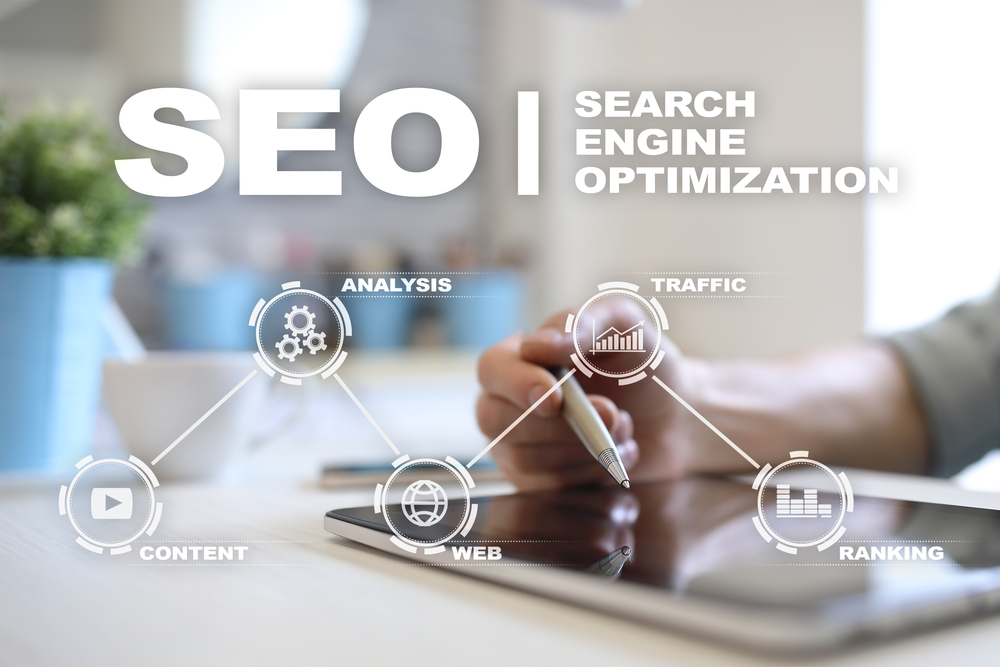
R Public Relations Firm has been recognized among the 10 best Public Relations Firms in Austin, New York and San Antonio in 2021 by DesignRush Marketplace.

After evaluating and analyzing RPR’s performance with some of the most prominent brands in the US, the online platform gave the company a spot among the most reputable agencies in San Antonio.
R Public Relations (RPR) was founded in 2008 by Emily Reynolds Bergh, an experienced and seasoned publicist who has worked with top name media companies and secured press in The New York Times, Food and Wine Magazine, LA Times, Esquire Magazine, Texas Monthly, Garden and Gun, Southern Living, and more! RPR has achieved a 90% client retention rate, thanks to the relentless pursuit of opportunity and optimization efforts, and prides itself on being a part of every client's internal team.
In 2020, despite a global recession caused by the Covid-19 pandemic, the company had no layoffs or pay cuts, adopting an “employee first'' policy, and was able to surpass a growth rate of over 200% from the previous year. RPR’s presence has grown from the US into Europe and continues to expand.
DesignRush is a reliable online guide to finding the best professional companies and agencies, categorized according to vertical and area of expertise.
DesignRush evaluates thousands of agencies and is committed to helping brands find the best solutions for their needs. The platform has a listing that allows users to search partners based on clients, portfolios, reviews, pricing structure, and testimonials. This recognition to R Public Relations is one of many that distinguishes the agency and claims its excellence.
DesignRush has also ranked R Public Relations as a Top PR Company in New York and Nashville.

Earned Media vs Paid Media (and Why You Need Both!)
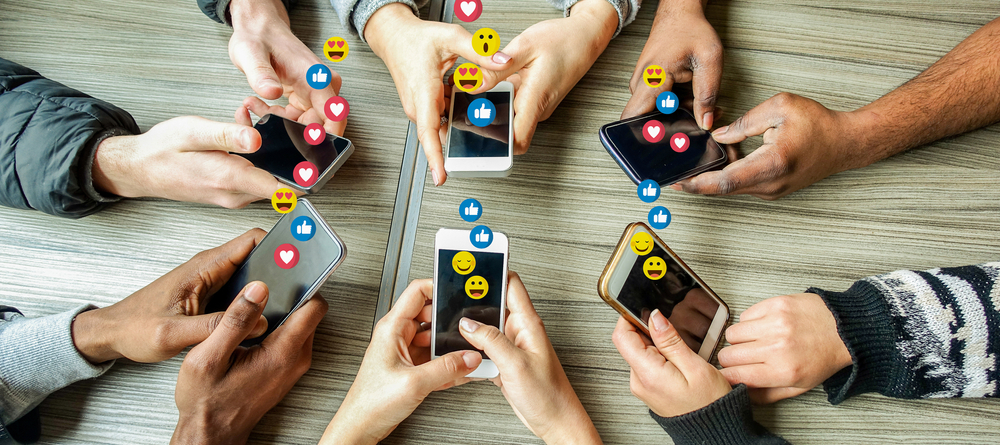
When it comes to cultivating a positive reputation for your brand, promoting your products, services or events and keeping your name top-of-mind in the media, success hinges on the right mix of public relations. That’s right, public relations or PR, isn’t as cut and dry as you may think. There are actually different types of PR – specifically, earned media and paid media – and each uses different strategies to help you achieve your goal. When should you use earned media vs paid media? R approach is to use both. Here’s how the mix benefits your brand.
Earned Media vs Paid Media
First, let’s define each. Earned media is likely what you typically think of when it comes to PR and it includes:
- Mentions in the news as well as reviews
- Positive comments from customers on social media
- High organic rankings on search engines
This word-of-mouth PR is the best type, but it’s also the hardest to achieve. As the name says, you have to earn it through hard work on your end by creating exceptional customer experiences and on R end through expertise in social media strategy as well as content development plus the relationships we nurture and develop with media contacts.
Paid media is exactly as it sounds; paying to make your brand more visible through:
- Social media advertising
- Influencer marketing
- Pay-per-click (PPC) advertising
This is becoming increasingly popular as a way to supplement earned media because you have more control and can target the specific audience(s) you want to get your brand in front of. But again, having the right expertise in these areas is crucial to keep you on point and on budget.
Achieving the Right Mix
Unfortunately, there’s no set formula that can tell you how much earned media vs paid media is necessary to achieve your goals. Both have their own pros and cons.
Earned Media Pros
- Increased credibility
- Heightened brand awareness
- Expanded reach
Earned Media Cons
- Considerable time and effort
- Can be difficult to measure
- Running the risk of negative publicity too
Paid Media Pros
- Control over your message and targeting
- Easy to measure
- Quick results
Paid Media Cons
- Can be costly
- Lacks the credibility of earned media
- Managing multiple platforms can be challenging
To achieve the right mix for your brand, you have to balance the pros and cons of each type of PR with your own resources, budget and goals.
R Team Can Help
R team has the PR expertise in both earned media and paid media, and experience in industries such as restaurant, hospitality, retail, health and wellness, business, non-profit to help you determine just the right mix for your brand. It all starts with a discovery call where we take the time to get to know you, your brand and your goals firsthand. From there we’ll create a proposal with a customized service outline with the earned media and paid media balance that gives you the greatest PR benefit.
Click HERE to schedule a FREE Discovery Call today!
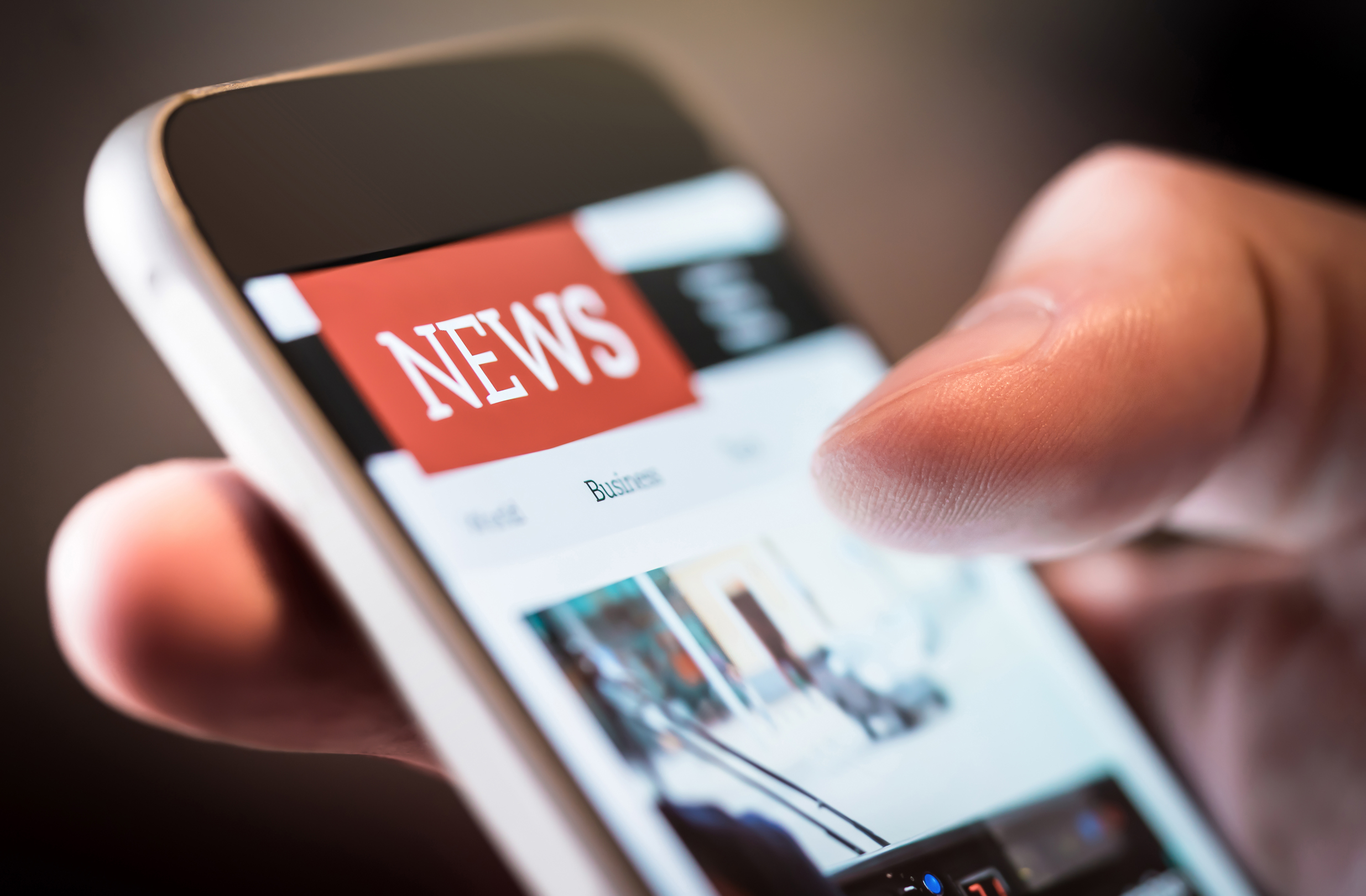
Is PR Too Pricey? R Common Cost Questions Answered

With public relations (PR) services, there can be a bit of a learning curve when it comes to pricing AND value. The saying “you get what you pay for” certainly holds true here as PR can offer tremendous benefits to your brand. But before we get to that, we’ll answer some of our most commonly asked questions about the cost of PR.
What is a PR retainer?
A PR retainer is a lump sum that you pay to the public relations agency or professional each month for their work. The amount paid depends on how much work you need to meet your PR goals and your budget, so it’s important to specific about both in your preliminary communications. Traditionally the cost of PR retainers can be from $1,500 to $10,000 a month, depending on the scope of work and project/client needs.
How much do PR agencies charge hourly?
Large PR agencies may charge upwards of $500 an hour for their time. However, smaller agencies or consultants may charge as little as $125 an hour. The average hourly rate at a larger PR agency is currently between $150-$250 per hour.
What does that cost cover?
- Pitching to major media outlets
- Media lists and sharing sources that have been cultivated by the team of experts
- Copywriting (pitching ideas and editing them)
- Supporting a team (from initial pitch to researching and editing there is likely a team, of people that budget will cover)
How do I choose the right PR agency?
That’s a tough question to answer because “right” can be different for each brand. However, these tips can put you on that path:
- Decide on your goals first. What is your vision? You need to know this before someone can sell your story.
- Consider all your options, such as hiring a PR agency versus hiring someone who may solely focus on SEO as an example.
- Determine your budget for PR.
- Decide what size PR agency is right for you. Remember that smaller budgets may mean less attention in large agencies while you may be the “bigger fish” for a boutique PR agency.
- Be specific during the proposal process. The better you vet, the better the result will be. For example, ask that those who will be on your account be involved from the beginning so you can gauge capabilities and chemistry as well.
What would I get through a PR agency that I couldn’t with a marketing firm?
Often, marketing firms provide a variety of services, including social media, digital media, advertising, and, of course, PR. However, PR differs from those mediums as it is earned, not paid. Hence, it requires different expertise, not to mention the time and ability to cultivate relationships with media and influencers. Large marketing firms may have that bandwidth (and you’ll pay for it), but the small ones won’t necessarily. That’s the advantage of going directly to a PR agency. For example, R agency has incredible direct media contacts and expertise in leveraging those to garner coverage that creates a positive image and credibility for your brand. It’s our (R) specialty!
The Value Behind the Price of PR
R founder, Emily Reynolds Bergh puts it beautifully, “When it comes to the cost of PR and pricing, we are a small business; not a large PR agency. Yet oddly enough we provide our clients with more direct contact to experienced staff AND charge less than a large firm. We have found that our value to a business is second-to-none when it comes to delivering a solid PR plan and direct relationships. However, we charge rates that are also fair to the market. Our retainers are based on the work we do weekly to provide those R-esults.”
She goes on to say, “As a small business, we are mindful that not everyone can spend big when it comes to PR. So, we also have lower budget options in which clients can apply. One is based on promoting a specific project. The other is R Prosper Program, which is designed to support solo entrepreneurs for six months by developing their reach and brand identity and a PR plan and campaign to launch them into the market in which they seek to connect. The end game is long-term relationships, not just a mass press release. And that provides lasting value for your brand (and us).”
For R help with your PR, learn more about our public relations services. Or, click HERE to schedule a FREE Discovery Call today!
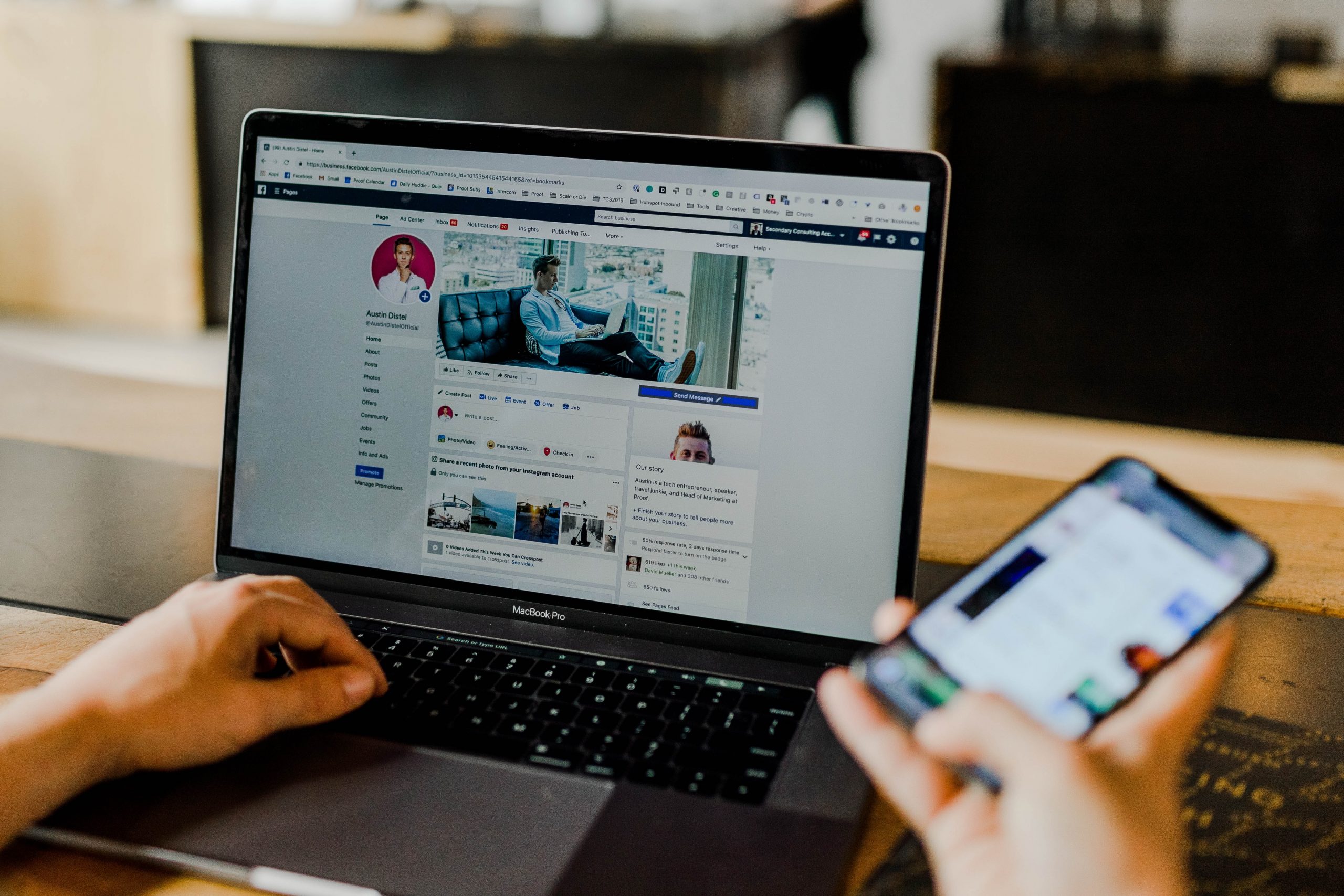
Influencer Marketing: How Social Media’s Influence on PR Benefits Your Brand
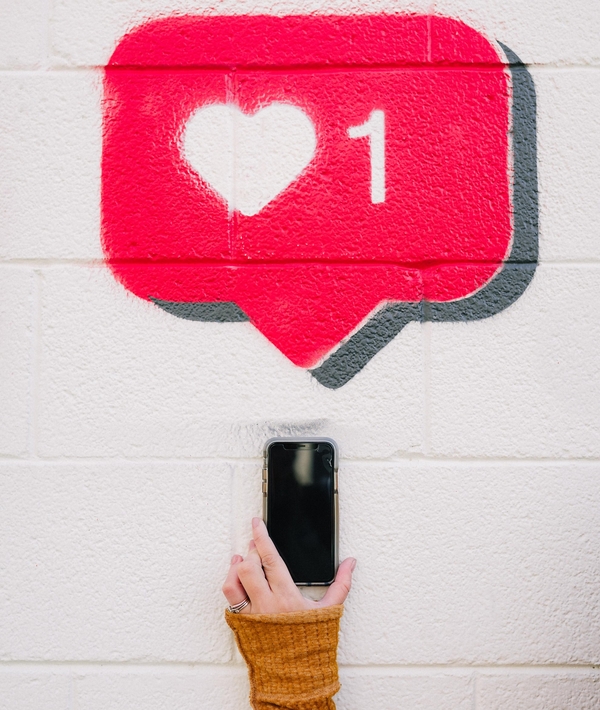
Gone are the days of painstaking research to build accurate media lists, of phone pitches, of basing announcements on publication dates, and of waiting, sometimes for months, to see if you were published via press clips received – gasp – by mail! As social media has evolved, it has elevated PR right along with it to the cheers of us professionals and the benefit of the brands we represent. So what is influencer marketing, and how does social media’s influence on PR benefit your brand? Here’s how.
The Purpose of PR
The Public Relations Society of America (PRSA) defines PR as “a strategic communication process that builds mutually beneficial relationships between organizations and their publics.” You do this by influencing, engaging, and building a positive relationship and/or image with your audience.
Many confuse PR with marketing, but it’s actually quite different. One big difference is in the amount of control you have over the narrative. In marketing, you pay to place an ad with your message; in PR, the amount of coverage, and in essence, your brand’s perception depends solely on your access to and/or relationship with the media. Or, at least it did…before social media.
Using Social Media in PR
Essentially, social media helps us to break down the invisible wall that once stood between brands and their audience(s). It’s no longer just about going through the media with your story and praying for the best. Social media can help you to meet your brand’s PR goals by:
- Working with Influencers – These people give your brand a voice in a way neither you nor a media story could do on its own. Influencers have huge followings that you can tap into to promote your products or services and help with reputation management.
- Social Listening – PR was more reactionary in the past, but with social media, you can keep your finger on the pulse of public perception of your brand. This enables you to proactively respond to any issues that might come up and better understand your customers in general.
- Using Your Platform(s) – Again, it’s about controlling the narrative as best you can. Social media can help you do that much more swiftly, if not immediately when necessary. Today’s news cycle is 24/7, so getting your story on social platforms can also influence the angle of media coverage as journalists do their share of social listening as well.
- Creating Real Relationships – Social media allows you to engage your audience directly with content that’s not only newsworthy but also important to their needs and where they are in the sales cycle. Think blogs, how-to guides, FAQs, and even related content that ties with your brand that could help them.
- Improving Media Relations– Social media is an integral part of PR now, but it doesn’t replace the importance of good media relationships. It can make that easier, however. Most journalists are active on social media and publicly list their handles. You can use this to learn more about their beats, when they need resources, how they prefer to work, as well as their personal and professional interests. Depending on your industry, you could include bloggers in this as well!
All this being said, be careful with a do-it-yourself PR strategy. It’s certainly easy enough to post, but appropriate messaging, knowing how to work with influencers and media, social listening savvy, and the ability to effectively measure results is key.
R team has extensive PR experience, and we’d love to help your brand. See how by clicking HERE to schedule a FREE Discovery Call Today!

4 Reasons a Crisis Communications Plan is Essential to Any Business
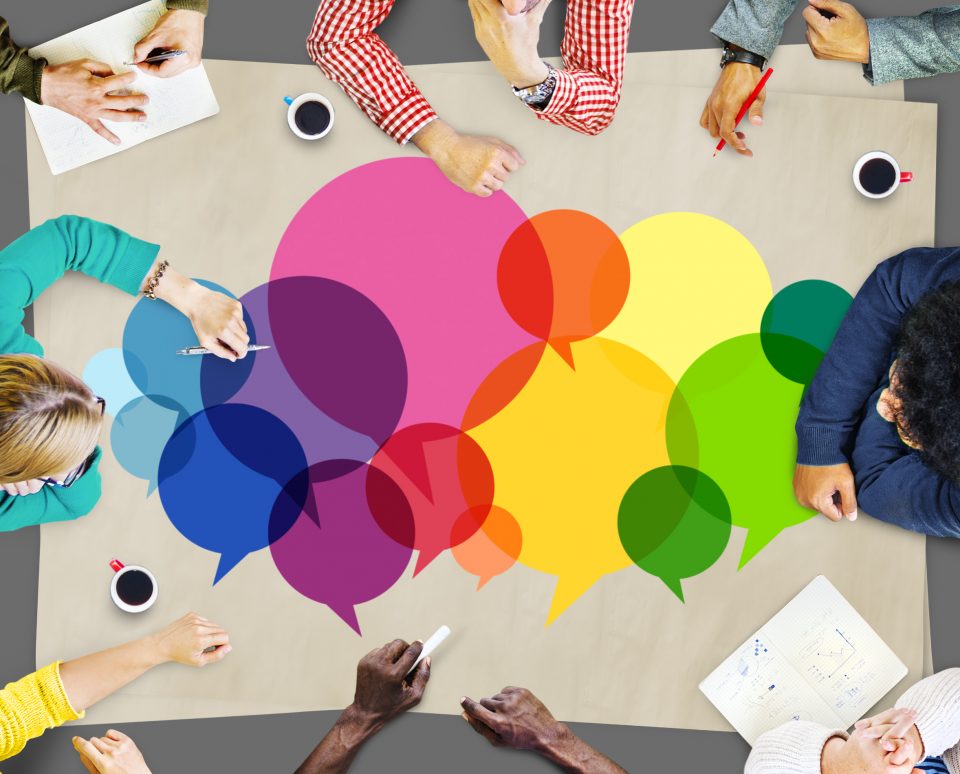
Although we’re well into the new year, it’s safe to say we’re probably all still a little shell-shocked from the craziness of 2020. Not just personally but in business as well. Sure, we’re optimistically planning ahead, but if there’s ever been a time to take the familiar idiom, “hope for the best and prepare for the worst” to heart, it’s now. R view is that having a crisis communication plan is a key to doing just that. Here’s why.
What Is A Crisis Communication Plan?
Essentially, a crisis communication plan is your strategic approach to responding to an unanticipated event that could disrupt your business operations and/or damage your brand reputation. It could be a product recall, customer injury, employee misconduct or a security breach. But natural disasters and, as we’ve recently learned, pandemics can certainly qualify as a crisis for businesses too!
Why Crisis Communications is Essential to Your Business
Quite simply, s@%t happens! You can think of a crisis communications plan like insurance in a way - a safety net that’s there for you just in case. When navigating your business through the unexpected, here’s why a crisis communications plan is essential:
- You won’t be caught off guard – When a crisis hits, time is essential. The longer you take to respond the quicker trust in your brand erodes, or at the very least, confusion will keep customers away. With a crisis communication plan in place, you’ll be able to provide transparency and the most appropriate messaging right away.
- You’ll be able to focus on resolving the crisis – In a crisis, it’s all hands on deck, right? Making it nearly impossible to prepare your communications plan and manage the crisis effectively at the same time. By preparing ahead of time, everyone knows their role in communicating, what steps to take and who to communicate with, freeing up the rest of your team to deal with the crisis itself.
- You’ll be able to control the narrative – One thing we in the PR industry know, is that the first message that’s out there is the stickiest, so to speak. It’s so much harder to change perception than to drive the message initially. Trial by social media is all too common these days and an effective crisis communication plan can help you get the right message to the right people instead of the wrong one going viral.
- Done right, you could improve your reputation – Warren Buffet once said, "It takes 20 years to build a reputation and five minutes to ruin it.” Yikes, but true. On the flip side, as we’ve seen over the last year, businesses who are authentic, honest and open the lines of communication have been the ones who have thrived in spite of the circumstances.
Check out R Take on Crisis Communications During COVID-19 and Beyond for tips that can be applied to any unanticipated situation. Or, click HERE to schedule a FREE 15 min Discovery Call and let’s get started on your crisis communications plan together!
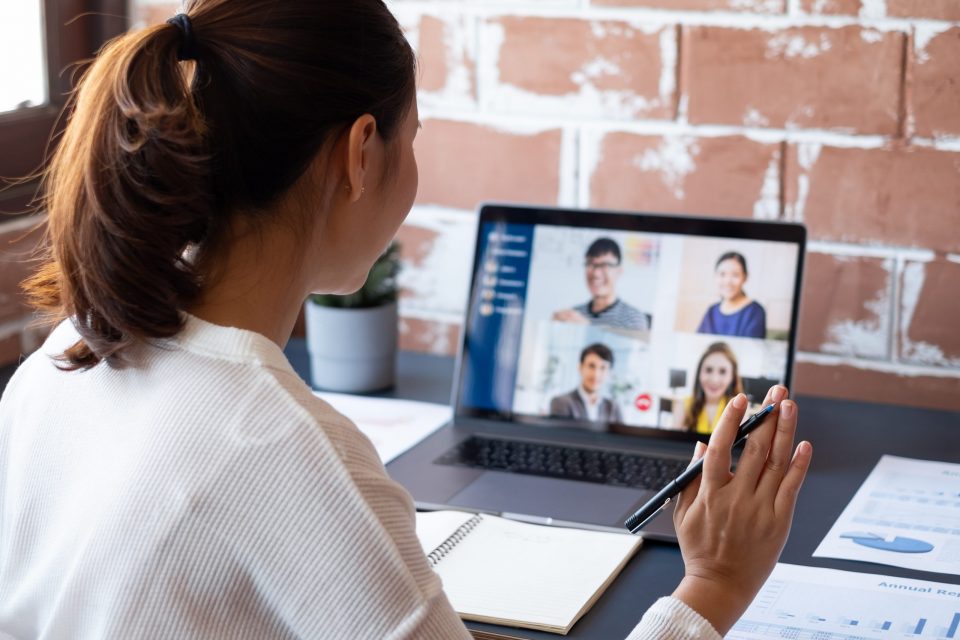
The Big Benefits of a Boutique Public Relations Firm

If you’re looking to make a big splash for your event, product, or service, you think you need a big Public Relations agency to do it, right? Not even close. Much like how there can be too many cooks in the kitchen, the same can apply here too. When there are too many people in the PR process it can quickly bellyflop your vision and your budget. Here’s how a boutique public relations firm can benefit you.
Boutique Public Relations Firm, by Definition
So, ‘boutique’ isn’t just a fancy word for small, at least in the PR world. A boutique public relations firm is also one that is specialized or focused in a particular area of expertise. For example, R boutique public relations firm represents lifestyle brands including those in the restaurant, retail, hospitality, health and wellness, and startup industries.
Benefits of Boutique
You can expect these benefits in working with a boutique public relations firm:
- No Swapsies – It’s a common practice for large agencies to woo clients with their most senior account team, yet as the campaign moves along you find yourself handed off to junior team members to bring it to fruition. This doesn’t happen with a boutique firm; you work with exactly the team that inspired you to sign on with them in the first place; from beginning to end.
- Focused on You ( R business is Yours) – To put it bluntly, large agencies don’t need you as much, especially if they don’t see a lot of growth potential in the account. And the amount of effort spent on your campaign may reflect that. On the other hand, boutique public relations firms live and die by the relationships they create with their clients, so they are focused on doing their best for you, always.
- Fierce Flexibility – The larger an agency is the more bureaucracy you can expect, which means you’ll have to work within their system and schedule versus the other way around. Boutique firms have more freedom to be creative and can be more responsive. This creates an environment that’s naturally more collaborative and adaptive to your needs, more like an extension of your own team.
- More Splash for Your Buck – Large agencies are corporations with more overhead, so naturally what they charge reflects that. Plus, they’ll likely track and bill for every little thing; it’s more transaction-based. With a boutique public relations firm, you have a partnership in which you’re committed to the same goal – the success of your campaign and hopefully the success of many more in the future! As a result, the back and forth is viewed as part of the process! Not to mention, as a small business there’s much less overhead.
For R help with your next PR campaign, click HERE to schedule a FREE Discovery Call Today!

20 Top Nashville Influencers (and what makes them so important to brands)
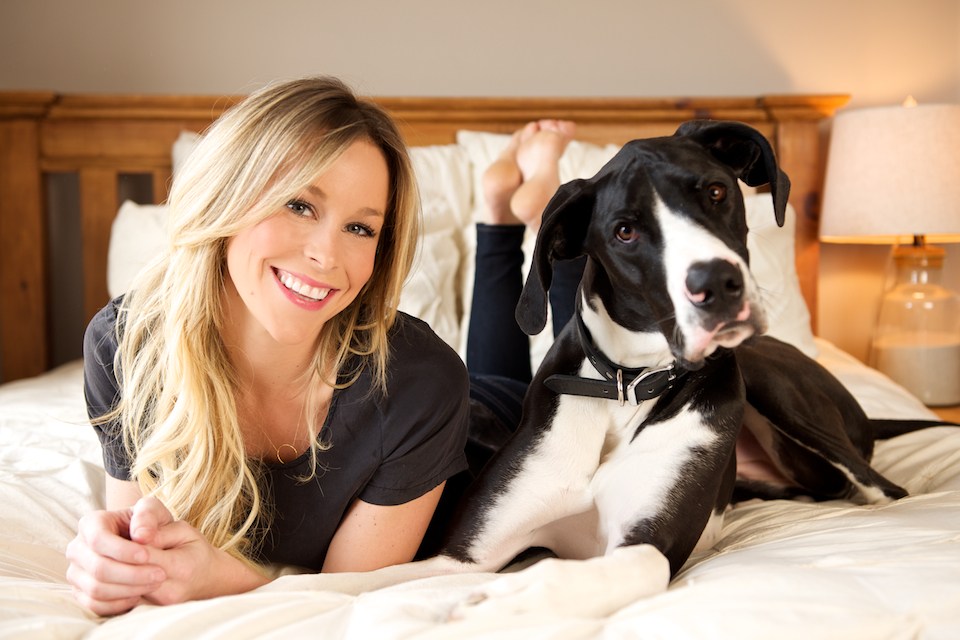 Image by Style Blueprint
Image by Style Blueprint
Merriam-Webster defines an influencer as someone who inspires or guides the actions of others, or more specifically, as someone who is able to generate interest in something by posting about it on social media. Brands have taken notice and influencer marketing is now a key component of social media strategy. How do they help and who are the top Nashville influencers? Find out here.
The Influence of Influencers
According to We Are Social, 3.484 billion people actively use social media (that’s 45 percent of the world’s population if you’re counting!). What we can pretty much all attest to is that we’re sick of being marketed at from every direction, no matter how targeted it may be. Enter influencers.
Early on, influencers were primarily celebrities. Anyone ever bought anything a Kardashian plugged? You don’t have to admit it, The Guardian shares the proof. But celebrity endorsements can be hard to come by, and can cost you big.
Luckily, there are plenty of “regular people” who have built a reputation for their knowledge and expertise on specific topics or specific categories through regular social media posts. They’re seen more as trusted friends and peers and are able to generate an engaged following that pays close attention to their recommendations. While they may not have the millions of followers, these influencers can potentially drive an average of 16x higher engagement rates than celebrities , according to The Realtime Report.
Top Nashville Influencers
If you’re a lifestyle brand in Nashville looking to connect with consumers and establish trust, influencer marketing may be just the way to go. Here are our top 20 Nashville influencers (in no particular order):
- @hunterpremo | Hunter Premo | 246k followers
Nashville native Hunter Premo is the daughter of one of the city’s most sought-after makeup artists. But she’s more into fashion, sharing her boho style – and her life – with tens of thousands of followers.
- @malloryervin | Mallory Ervin | 543k followers
After competing in Miss America as well as The Amazing Race (and gaining a following from that), Ervin is an influencer on topics that range from marriage and kids to fashion and female empowerment.
- @nashvillefoodfan | Kate Davis | 97.1k followers
Born out of a desire to share her love of Nashville’s culinary scene, Davis’ Instagram has now become the place to inspire foodies or anyone exploring local restaurants to try.
- @livingwithlandyn | Living With Landyn | 270k followers
This influencer and blogger shares her tips on food, fashion, and family plus offers tons of “swipe up” retail codes and life hacks.
- @happilygrey | Mary Lawless Lee | 54.8k followers
The Happily Grey founder posts beautifully curated pictures from her life as a fashionista, businesswoman, wife, new mom, and dog lover.
- @passportsandgrub | Tomiko | 10.8k followers
Tomiko provides all kinds of travel tips and she also works to help brands shift the culture on diversity in tourism.
- @iamreneewatkins | Renee Watkins | 68.2k followers
This yoga instructor and doula posts fitness and beauty tips as well as body-positive messages and book recommendations.
- @cameronpremo | Cameron Premo | 15.9k followers
Husband to Hunter Premo, this photographer/videographer is an influencer in his own right on topics that include adventure, style, and chivalry for the modern gentleman.
- @erinoprea | Erin Oprea | 182.7k followers
She’s a trainer to local celebrities with a feed that shares workout tips, healthy recipes, and videos from her weekly Saturday night dance party with husband Sean.
- @emilyblincoe | Emily Blincoe | 362.5k followers
This photographer came to Nashville by way of Austin and posts snaps of everything from walks in the park with her pups to front yard hangs and the beauty of everyday life here.
- @wickedtasty | Dan Burkard | 9.4k followers
This power duo of Michelle and Dan came to Nashville by way of New England and we are all the more hungry for their food photos for it! Their posts and snaps of recipes, top lists of fab food finds, happy hours and more are not to be missed!
- @nashgirleats | Holly | 21.4k followers
Holly is a nurse practitioner who loves exploring some of the hottest restaurants and dishes in Nashville. She also shares some of her own dishes on her feed.
- @the_ moody_foody | Josh | 10.2 followers
Josh’s blog reviews the best restaurants in Nashville and offers fun insights into the dining scene while all the mouth-watering finds are shared on Insta.
- @nashvillewifestyles | Ashley Houston | 132k followers
Ashley is a girl mom (and a dog mom) with a lifestyle blog that dishes on food, the latest fashion trends, parenting tips and life in Nashville where she’s lived for 10 years.
- @thehungryleopard | Blair Beaty | 5.5k followers
Blair overcame hunger herself and now shares her foodie experiences across Nashville and beyond.
- @blonde_voyage_nashville | Courtney Hood | 13.4k followers
This native Nashvillian blogs about food and lifestyle as she brings us along on her epic travel adventures near and far.
- @nashvillevibin | Neysha Clevenger | 6.7k followers
She’s your go-to girl for all things Nashville sharing delicious food as well as local clothing and cool snaps of our awesome city!
- @pocketsandbows | Brittany | 48.5k followers
Brittany is a creator, influencer and stylist who delivers daily inspiration for luxe plus fashion on Instagram and YouTube.
- @fabglance | Melissa | 11.5k followers
Melissa is a digital strategy expert who brings authentic storytelling back to social media. In her spare time she shares the best plus size fashion trends and tips.
- @lauraleabalanced | Laura Lee | 86.4k followers
Chef Laura Lee has a background in health-related cooking and shares healthy, delicious recipes, meal plans and insights into her.
For R help with influencer marketing, click HERE to schedule a FREE Discovery Call today!
 Image by Nashville Lifestyles
Image by Nashville Lifestyles
